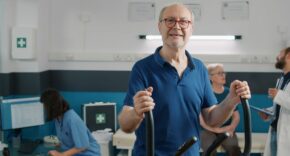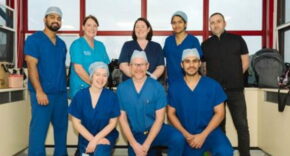The Health and Social Care Secretary, Matt Hancock has launched a framework to remove frustrating, outdated IT systems with modern technology. The GP IT Futures framework plans to ensure that all IT systems in GP practices meet the minimum standards and ensure that they can communicate with each other. Furthermore, the framework hopes to encourage the best technology companies to invest in the NHS by creating an open, competitive market.
Currently, the NHS IT market has two main providers which are considered to be slowing down innovation by creating long-term contracts which inhibit and trap GP practices from progressing. Many argue that GP practices and their current systems are not suitable for the digital age.
How will the GP IT Futures framework help the NHS?
- By 2024, all patients in England should be able to access GP services digitally
- Practices will be able to offer online or video consultations
- Framework changes should be able to reduce delays through seamless digitised information flows
- Digitised information flows can also free up staff time, by connecting GP practices with social care providers and hospitals
- Ensure that there are minimum IT standards in place which are secure, can communicate with others and are continuously upgradable.
IT systems in GP practices that do not meet the minimum standards set forward by the GP IT Futures framework will need to be removed, and contracts with the providers ended. Contracts will only be in place with providers that understand the future plans of the NHS and the principles of the digitalisation and continual improvement for the health and care sector.
Discussing the framework, Matt Hancock, the Health and Social Care Secretary, explains; “Too often the IT used by GPs in the NHS – like other NHS technology – is out of date. It frustrates staff and patients alike and doesn’t work well with other NHS systems. This must change.”
Matt Hancock adds; “I want to empower the country’s best minds to develop new solutions to make things better for patients, make things better for staff, and make our NHS the very best it can be.”












